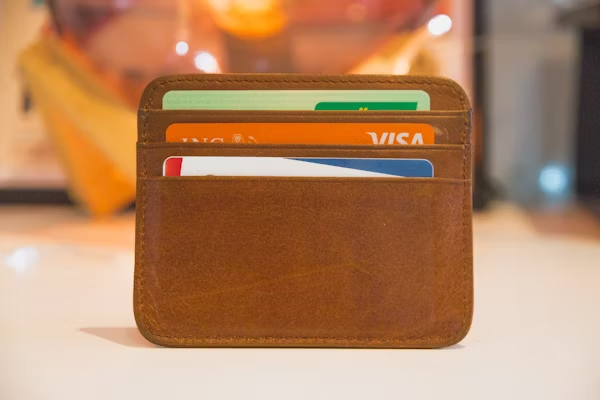How to Fix 7 Common Credit Card Mistakes
These 7 credit card mistakes could be lowering your score without you knowing. Learn what to avoid and how to build stronger credit.

Your credit score plays a big role in your financial life. It can impact everything from loan approvals to mortgage rates.
If your score isn’t where you want it to be, some common credit card habits might be to blame. And the worst part? You may not even realize you’re making them.
In this post, we’ll break down seven credit card mistakes that quietly wreck your score — and how to fix them.
1. Only Paying the Minimum
Paying only the minimum might seem like a quick fix. But over time, it can hurt your finances.
Minimum payments usually cover just a small part of your balance. That means you’re not making much progress — and interest keeps piling up.
Fix it: Try to pay off your full balance every month. If that’s not possible, pay more than the minimum to cut down on interest.
2. Maxing Out Your Credit Cards
Using too much of your credit limit is a red flag to lenders. This is called your credit utilization ratio, and it’s a big part of your credit score.
Maxing out your cards, or even getting close, makes it look like you’re relying too heavily on credit.
Fix it: Keep your usage below 30% of your total limit. If you can, aim for under 10% to boost your score even more.
3. Closing Old Credit Cards
Closing an old card might feel like a smart move, especially if you don’t use it. But it can actually hurt your score.
Your credit history length matters. When you close old accounts, your average age of credit drops. Plus, your available credit shrinks, which raises your utilization rate.
Fix it: Keep older cards open. Use them every few months to keep the account active.
4. Applying for Too Many Credit Cards
Each credit card application triggers a hard inquiry. One isn’t a big deal, but several in a short time can lower your score.
It also makes you look risky to lenders.
Fix it: Apply for new cards only when necessary. Space out applications by at least six months.
5. Missing Payments
Just one missed payment can drop your credit score by dozens of points. Payment history is the biggest part of your score.
Late payments — even by a few days — can stay on your report for years.
Fix it: Use autopay or set reminders so you never miss a due date. If you’re late, pay as soon as possible to limit the damage.
6. Ignoring Your Credit Card Statements
Not checking your statements? You could miss fraud, billing errors, or incorrect charges.
These mistakes can cost you money and hurt your credit if left uncorrected.
Fix it: Review your statements monthly. It only takes a few minutes and can save you from bigger problems later.
7. Avoiding Credit Cards Altogether
Some people avoid credit cards to steer clear of debt. That seems smart — but it can backfire.
Without using credit, you won’t build a credit history. That can hurt you when it’s time to apply for a car loan or mortgage.
Fix it: Use a card for small purchases and pay it off in full every month. That builds credit without adding debt.
Conclusion
Your credit score affects more than just borrowing money. It can impact car loans, home buying, and even job offers.
Avoiding these credit card mistakes can help protect your score and save you money. Small changes in your habits can make a big difference.
Start fixing these mistakes today — your future self will thank you.
